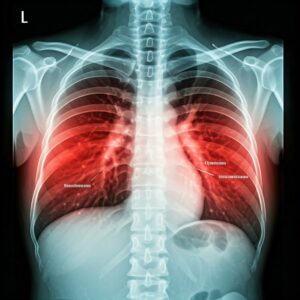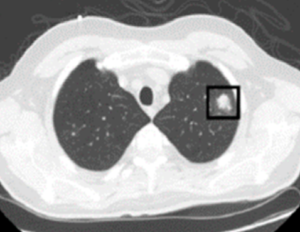
A few days ago, a patient came to my office for a follow-up visit after being hospitalized with pneumonia. Overall, he had recovered well, but he was still experiencing an intermittent dry cough that had persisted for several weeks. As I reviewed his lifestyle and medications, I discovered he had been vaping for several years. While he acknowledged that vaping had helped him quit smoking cigarettes, he admitted that he had become addicted to nicotine and was unable to stop vaping. This led us to discuss whether he should quit vaping.
In recent years, vaping has become increasingly popular, particularly among young people. Some view it as a safer alternative to smoking or even think it is “cool”. However, the data on whether vaping effectively aids smoking cessation is mixed. Current guidelines do not recommend vaping as a smoking cessation tool. While it’s true that vaping may help curb nicotine cravings, the long-term health risks of vaping remain largely unknown. You may recall the surge in cases of vaping-associated pulmonary injury (VAPI) in the summer of 2019, which led to severe respiratory failure in some patients. Vitamin E acetate was identified as a likely culprit and was subsequently banned from vaping products. However, similar to cigarette smoking, vaping produces thousands of chemicals, many of which are unidentified. It’s almost certain that these chemicals irritate the lining of the lungs and activate the immune response to some degree. The question isn’t whether there will be long-term consequences but how severe those consequences could be. It wouldn’t be surprising if researchers find that vaping is linked to an increased risk of respiratory and cardiovascular diseases. We expect to learn more in the coming 5–10 years.
It’s important to note that the lungs continue to grow and develop until around the age of 20–25. This helps explain why there is such strong opposition to youth vaping. If we all strive to breathe clean air, why would we willingly inhale unknown chemicals into developing lungs? To me, that just doesn’t make sense. So, my recommendation to the patient is to quit vaping and avoid inhaling harmful chemicals into their lungs.



